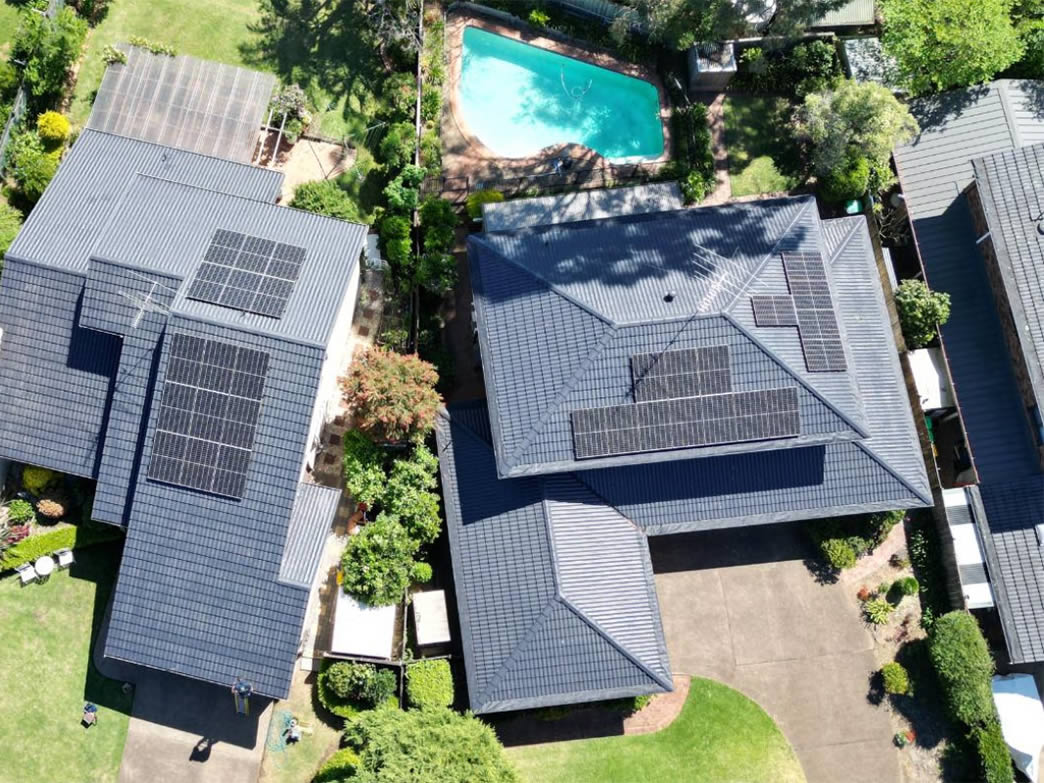What is the 2025 Battery Rebate (and How to Claim It)?
June 13th, 2025
From 1 July 2025, Australians will be able to claim a federal rebate of up to $3,700 on eligible home or business battery systems under the Cheaper Home Batteries Program. Whether you’re installing a new system or adding storage to existing solar, this initiative helps you save upfront while securing long-term energy independence.
But how does it work—and are you eligible?
In this article, we break down everything you need to know:
- Who qualifies
- How much you can get
- How to apply
- And how to maximise your rebate with the right solar panels
What Is the Federal Battery Rebate?
The Cheaper Home Batteries Program is a national rebate offered by the Australian Government to help drive down the cost of battery storage and boost participation in Virtual Power Plants (VPPs).
This is the first time a federal solar battery subsidy is being offered and it complements — but does not replace — any existing state-based battery incentives.
How Much Can You Save?
The rebate offers a maximum of $372 per kilowatt-hour (kWh) of usable battery capacity. For example, installing a 10 kWh battery could yield a rebate of up to $3,720. After accounting for administrative fees and charges, the actual savings are likely to be around $330 per usable kWh, resulting in approximately $3,300 off the installation cost of a 10 kWh battery system.
Additionally, households can expect significant annual electricity bill savings. Those with existing rooftop solar could save up to $1,100 annually, while households installing both solar and batteries may save up to $2,300 per year—amounting to about 90% of a typical electricity bill.
Who Is Eligible?
To qualify for the federal battery rebate, you must meet all of the following criteria:
- Be an Australian homes, small businesses, and community facilities
- The battery must be between 5kWh and 100kWh in nominal capacity (with the rebate applies to a maximum of 50 kWh of usable capacity)
- Both the battery and inverter must be listed on the Clean Energy Council (CEC) approved product list.
- Systems must be installed by an installer registered with the Clean Energy Council (CEC) or Solar Accreditation Australia (SAA)
- The battery system must be connected to a new or existing solar photovoltaic (PV) system
- Batteries can be installed before July 1, 2025, but cannot be switched on until 1 July
- For on-grid systems, they must be capable of connecting to a Virtual Power Plant (VPP)
- Electric vehicle batteries and EV charging systems are not eligible under this program.
There are no income tests, postcode limits, or state-based restrictions. If you meet the criteria, you qualify.
How to Apply
- Choose a battery model from the government’s approved list and is VPP-capable if grid-connected
- Select an approved installer participating in the program to discuss your needs
- If you are qualified, the rebate will be applied as an upfront discount by your solar installer on your quote
- After installation, your installer handles the rebate paperwork and will submit it on your behalf
Can You Still Get a State Rebate Too?
Yes. In many cases, you may be able to combine the federal rebate with any remaining state-based incentives (e.g. VIC, QLD, SA). However, the total value may be adjusted depending on overlap — your installer will confirm at quote stage.
Maximise Your Rebate with AIKO High-Efficiency Panels
Already have a solar system but thinking of upgrading? Or need to install one to qualify? AIKO’s industry-leading N-type All Back Contact (ABC) modules deliver more power per panel — meaning:
- More power on the same roof
- Faster battery charge rates
- Greater self-consumption & higher savings

As the solar module with highest energy output under 2m2 available in Australia, AIKO N-type ABC help homeowners and businesses unlock the full potential of their battery investment — now and in the future.
This rebate will drive high demand when it launches in July. To avoid delays, talk to an AIKO-certified installer today to find out if your home or business qualifies.











